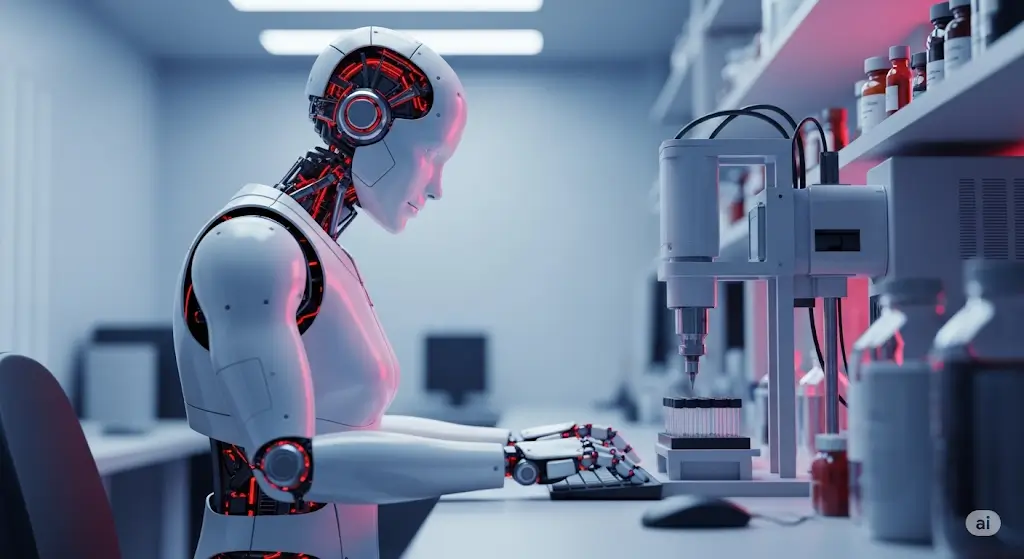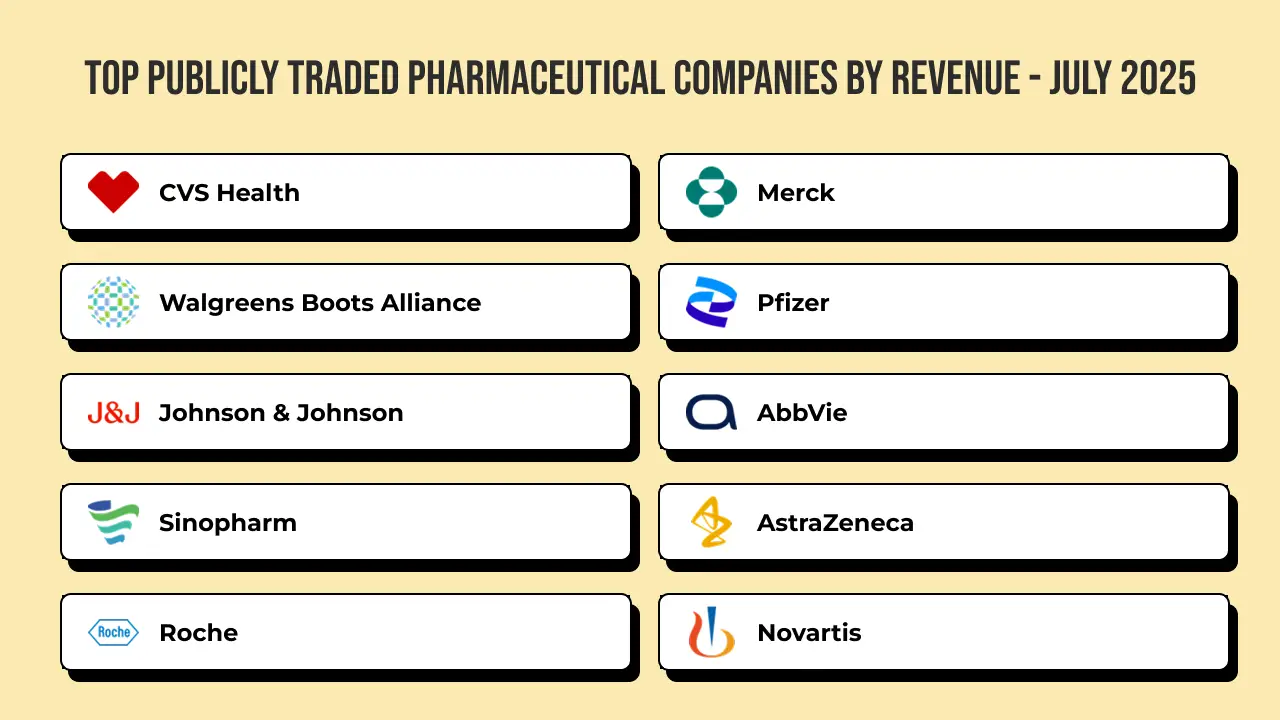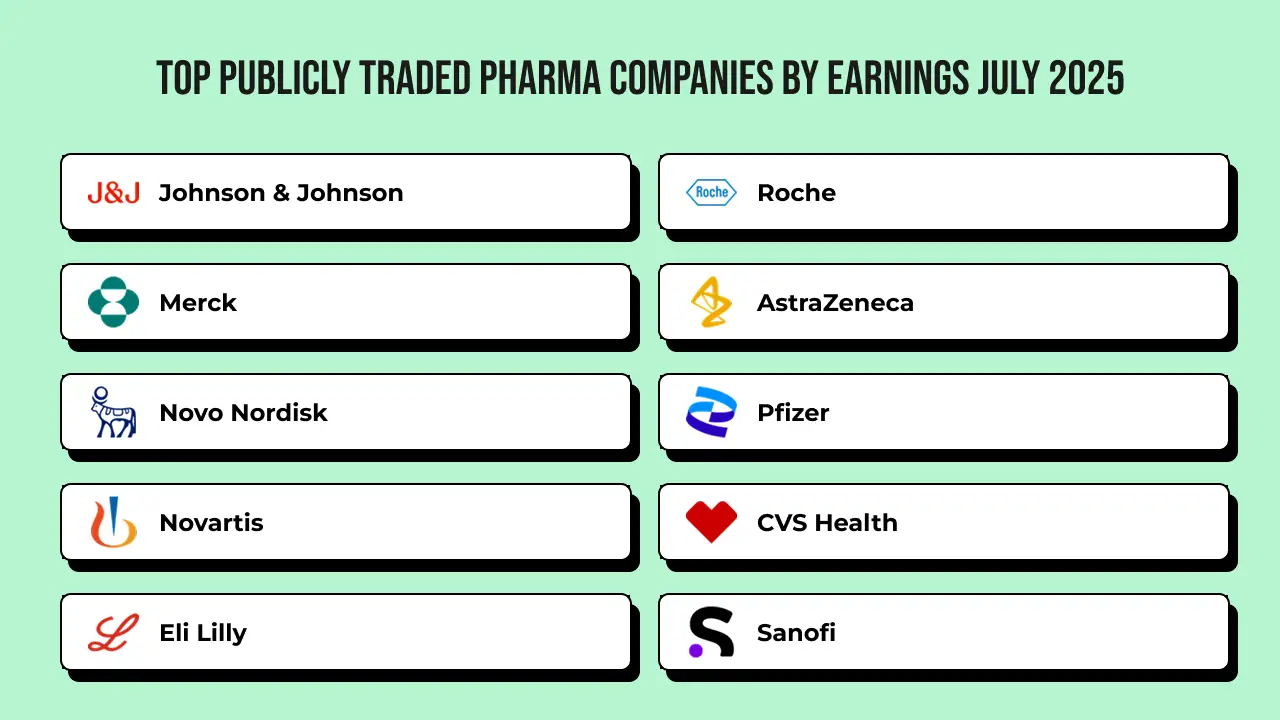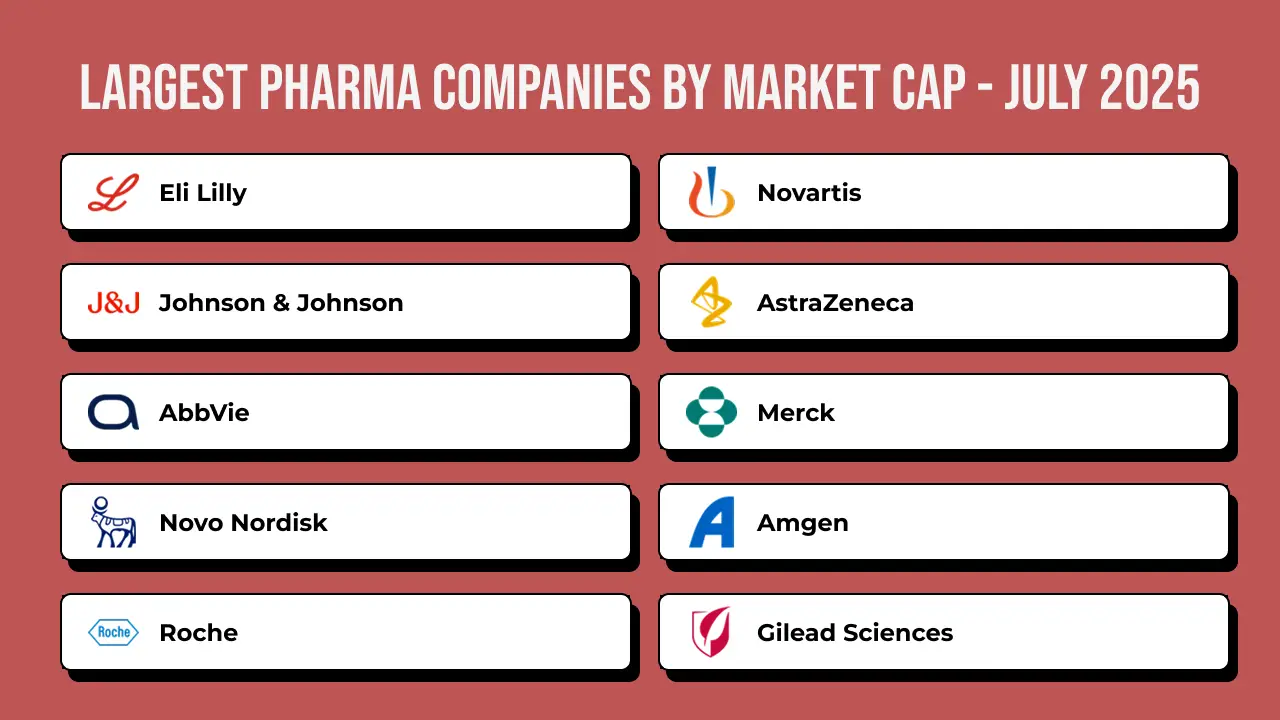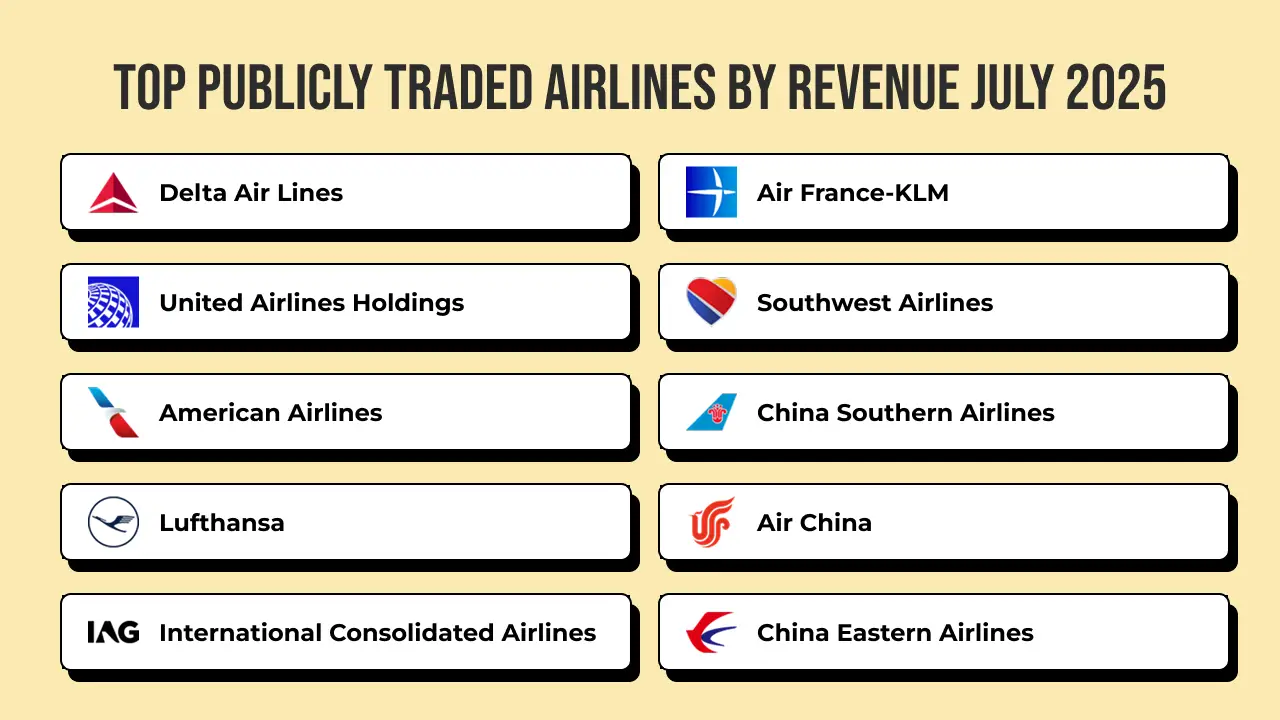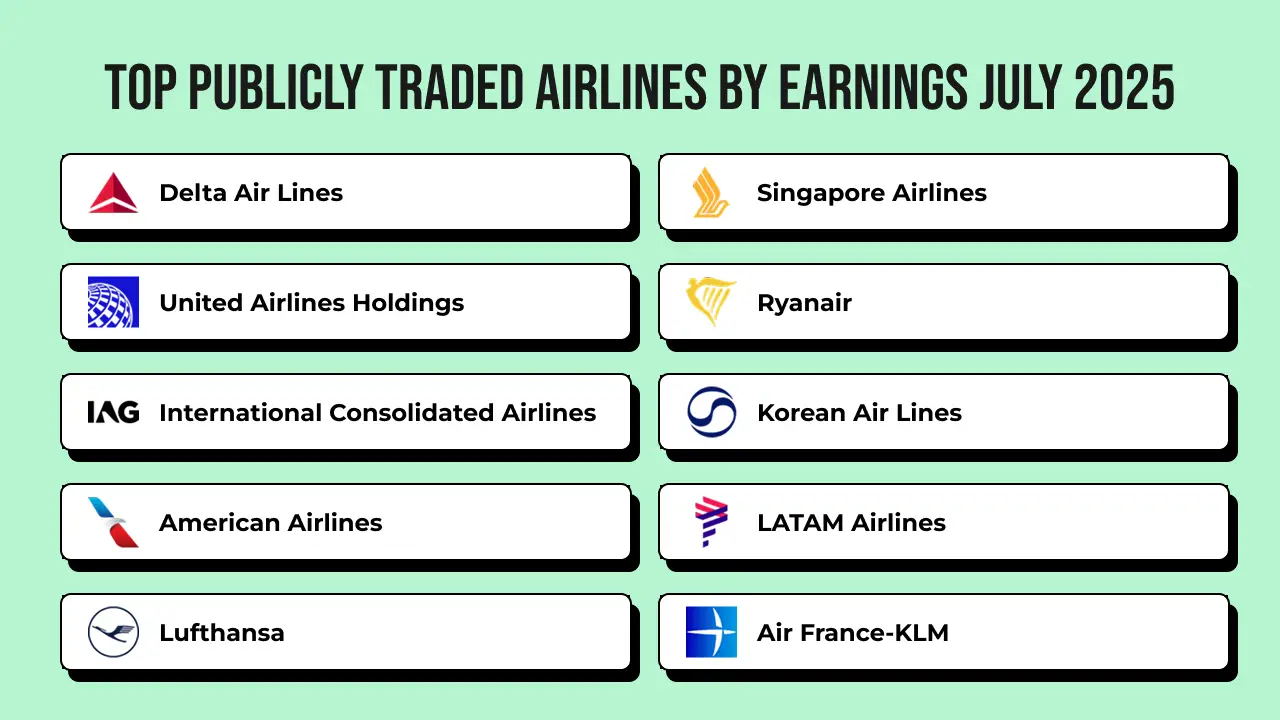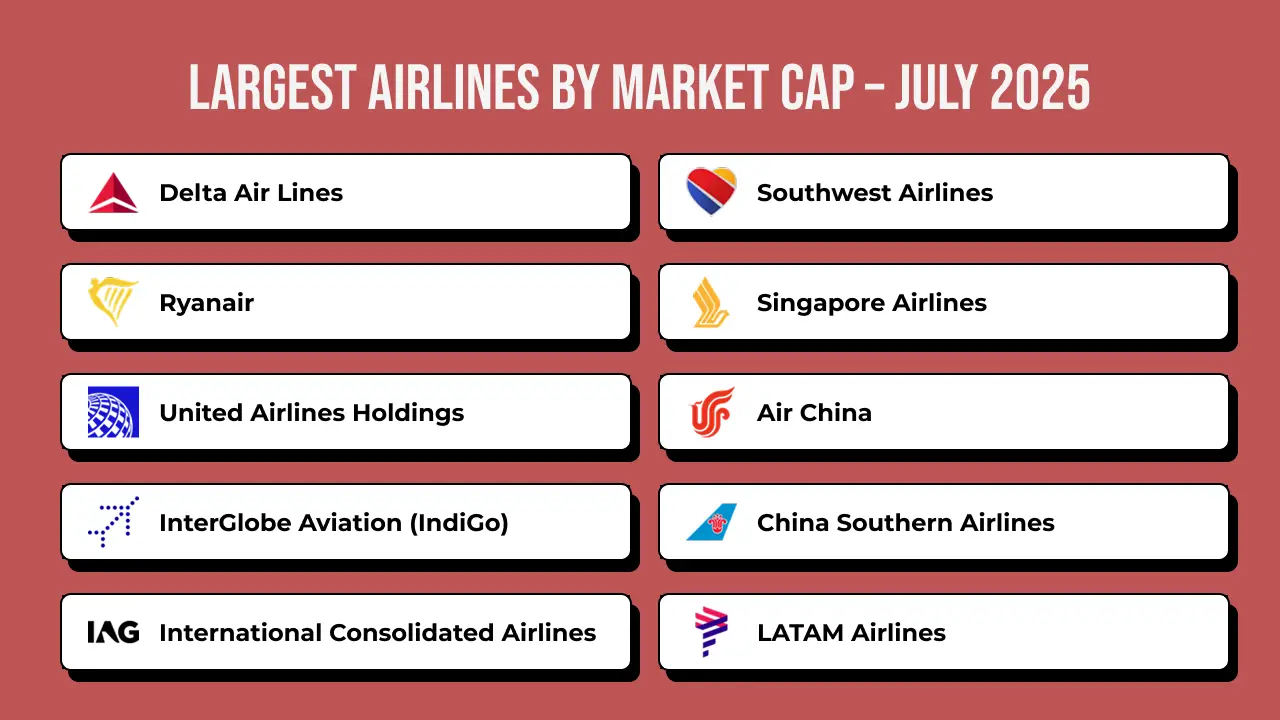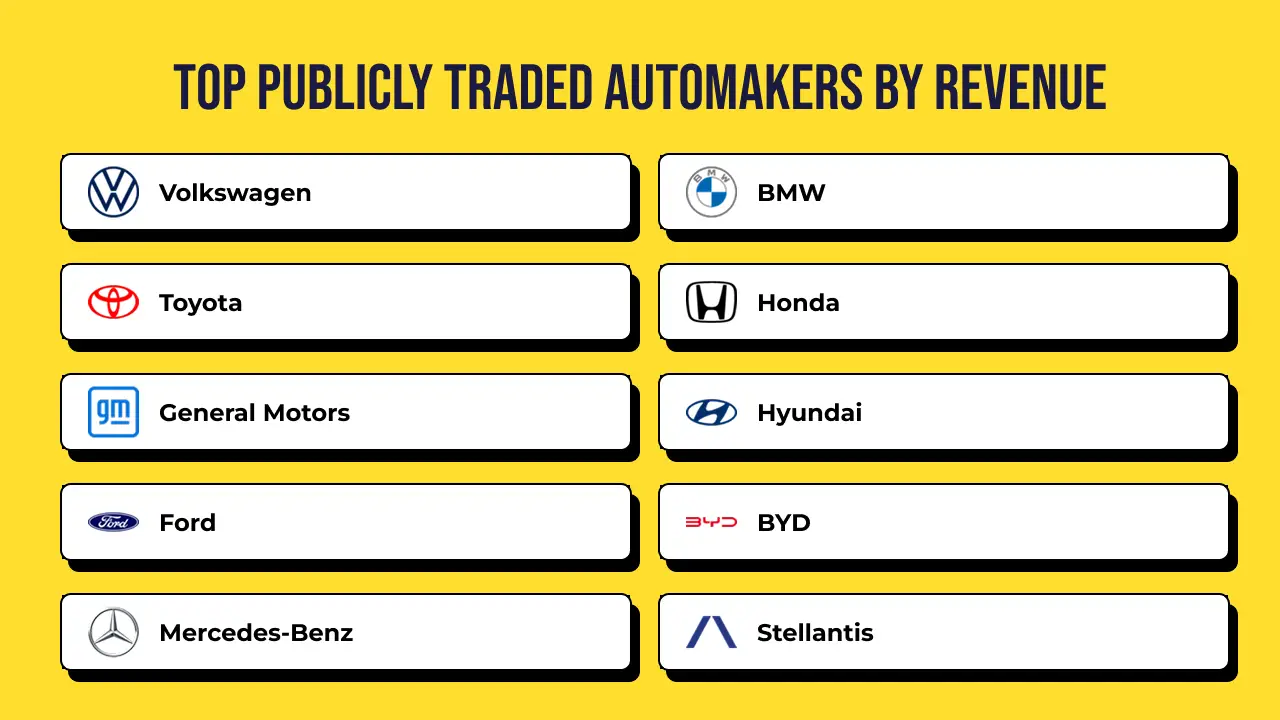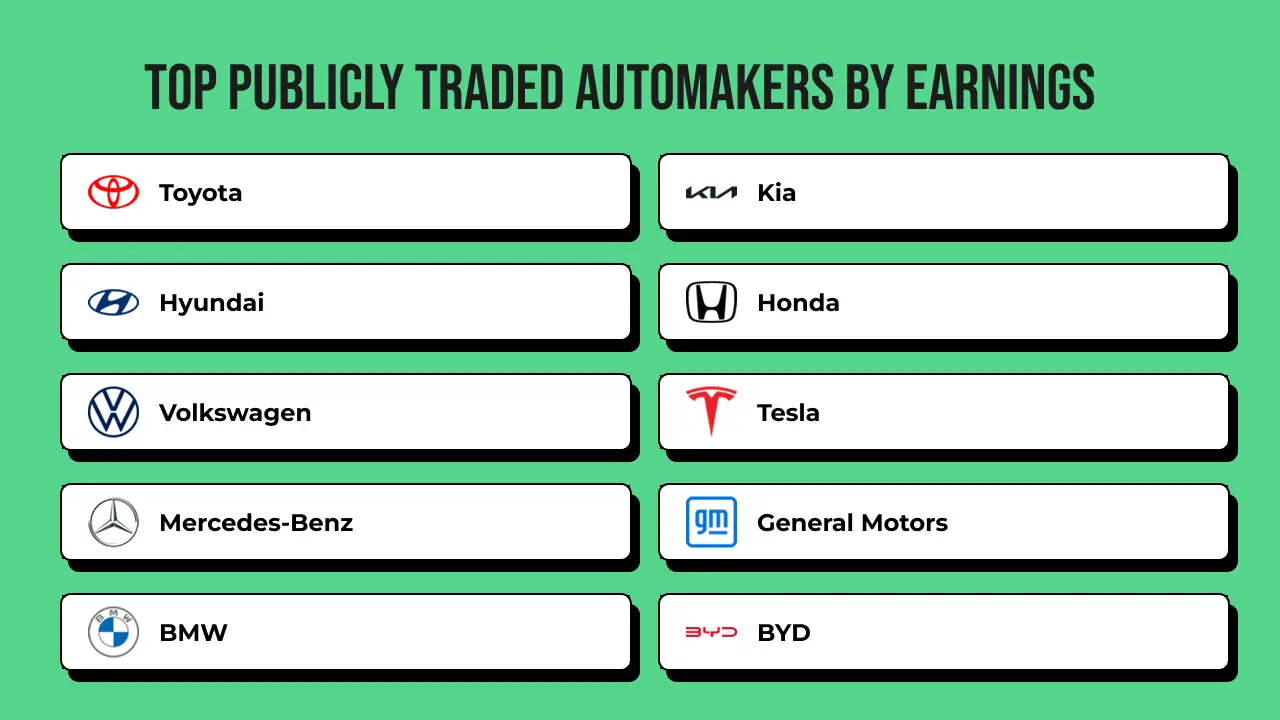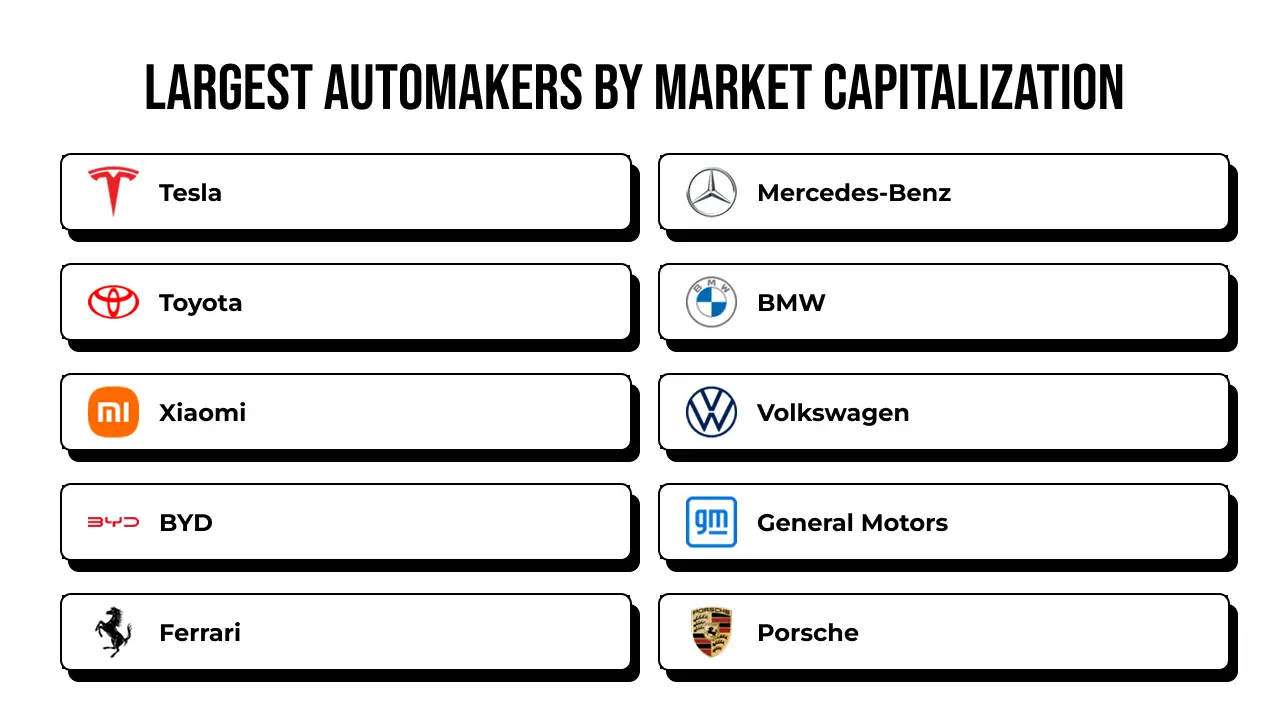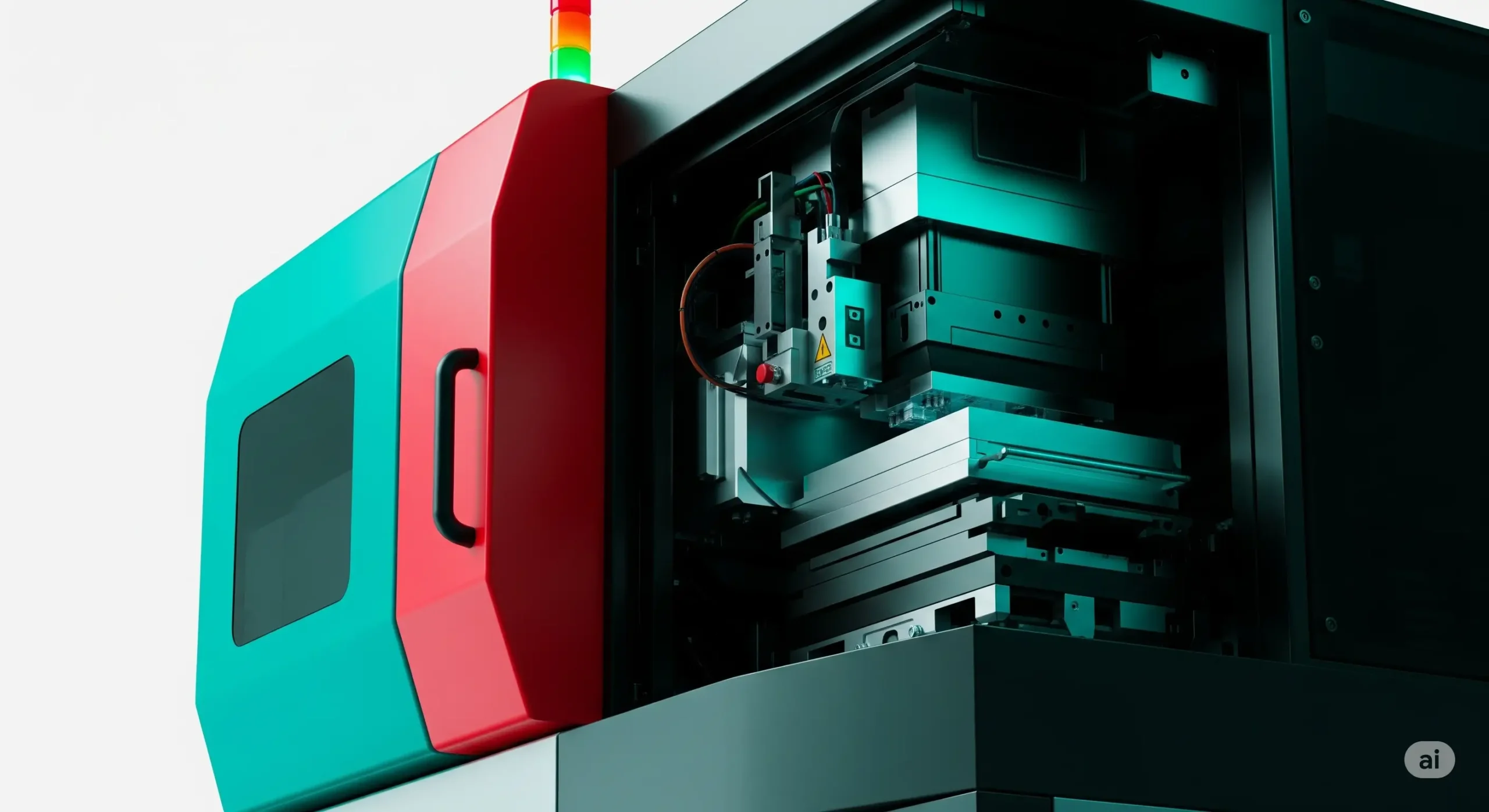I find the rapid growth of artificial intelligence in the pharmaceutical market fascinating, as it’s reshaping how we approach drug development and healthcare. The global AI in pharmaceutical market was valued at approximately $1.3 billion in 2023 and is projected to reach $18.8 billion by 2030, growing at a compound annual growth rate of around 46.7%. This surge is driven by the increasing demand for efficient drug discovery, personalized medicine, and streamlined clinical trials. As someone intrigued by technology’s impact, I see AI’s ability to analyze vast datasets, predict molecular interactions, and optimize processes as a game-changer. The market’s expansion reflects the industry’s trust in AI to reduce costs, which can exceed $2 billion per drug, and shorten development timelines that often span over a decade. Investments in AI startups and collaborations between tech and pharma giants further fuel this growth, making it a dynamic space to watch.
Exploring the segments of this market, I notice drug discovery holds the largest share, accounting for over 50% of the market in 2023. This segment thrives because AI accelerates the identification of potential drug candidates by analyzing chemical and biological data, slashing years off traditional methods. Other key segments include clinical trials, where AI optimizes patient recruitment and monitors outcomes, and personalized medicine, which tailors treatments to individual genetic profiles. Manufacturing and supply chain management also benefit, with AI improving efficiency and predicting demand. Drug discovery’s dominance stems from its direct impact on reducing R&D costs, which I find critical given the high failure rates of new compounds. Emerging areas like AI-driven diagnostics and regulatory compliance are gaining traction, but drug discovery remains the cornerstone due to its transformative potential.
When I look at the companies driving this market, names like IBM Watson Health, NVIDIA, and BenevolentAI stand out. IBM Watson leverages its cognitive computing to analyze medical literature, while NVIDIA’s AI platforms power complex simulations for drug design. BenevolentAI excels in identifying novel drug targets, often partnering with major pharma firms. Other notable players include Insilico Medicine, which focuses on generative AI for molecule creation, and Atomwise, known for its predictive modeling. Traditional pharmaceutical giants like Pfizer and Roche are also investing heavily, integrating AI into their R&D pipelines. I’m impressed by how these companies collaborate, blending tech expertise with pharma’s domain knowledge, creating a competitive yet cooperative landscape that’s pushing innovation forward.
Geographically, I see North America leading the AI in pharmaceutical market, with the United States holding the largest share due to its robust tech ecosystem and significant R&D investments. Europe follows closely, with the United Kingdom and Germany driving AI adoption through strong academic-industry partnerships. Asia-Pacific is emerging rapidly, particularly China and India, where government support and growing biotech sectors fuel growth. Japan also plays a key role, leveraging AI for precision medicine. I find it interesting that North America’s dominance is tied to its access to advanced computing infrastructure and regulatory frameworks that encourage AI integration. Developing regions like Latin America and Africa are starting to explore AI, but their contributions remain small due to limited resources. This global spread highlights how AI’s impact varies by region, shaped by economic and technological disparities.
Reflecting on recent advancements, I’m excited by innovations like generative AI models that design novel molecules in hours, a breakthrough showcased by Insilico Medicine’s 2023 trials. Top trends include AI-powered drug repurposing, where existing drugs are matched to new diseases, and real-world evidence analysis, which uses patient data to refine treatments. Predictive analytics for adverse drug reactions and AI-driven automation in manufacturing are also gaining momentum. I believe these trends signal a future where AI not only accelerates drug development but also makes treatments safer and more accessible. The integration of large language models for regulatory documentation is another emerging area, streamlining compliance. These innovations make me optimistic about AI’s potential to transform healthcare, addressing unmet medical needs with unprecedented speed and precision.

